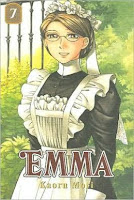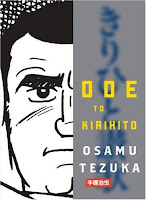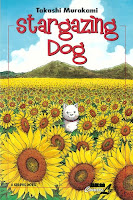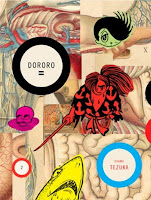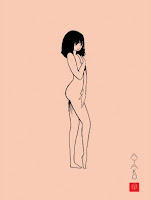 And the winner of the Ayako manga giveaway is…Charles!
And the winner of the Ayako manga giveaway is…Charles!
As the winner, Charles will be receiving a copy of Vertical’s hardcover release of Osamu Tezuka’s Ayako. (Charles also runs the site Beneath the Tangles which explores the connections between anime, manga, and religion, specifically Christian spirituality.) For this giveaway I asked entrants to tell me about their favorite Tezuka manga. Check out the Ayako manga giveaway comments for the details. Because I like making lists, I’ve gathered together all of the Tezuka manga that I know of that has been licensed in English. Those marked with an asterisk were mentioned by more than one person as a personal favorite.
Tezuka’s manga in English:
Astro Boy
Atomcat
Apollo’s Song
Ayako
Barbara
*Black Jack
The Book of Human Insects
*Buddha
Dororo
Lost World
*Message to Adolf
Metropolis
MW
Mysterious Underground Men
Nextworld
*Ode to Kirihito
*Phoenix
*Princess Knight
Swallowing the Earth
Triton of the Sea
Twin Knight
Unico
More people than usual showed up for this giveaway; behold the power of Tezuka! Thank you all for sharing your favorite Tezuka manga with me. I hope to see you again for March’s giveaway.

